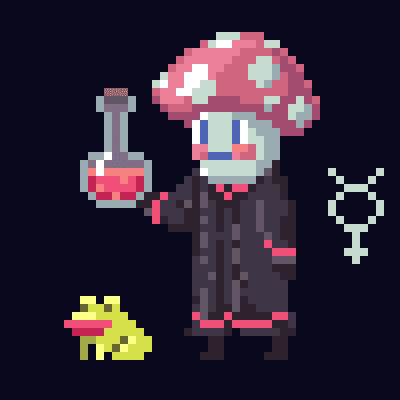

Alchemist Hongo
Neither plant nor animal, mushrooms have confounded humans since ancient times. Now, they’re a reminder of our tenuous place in an uncertain world.
To the ancient Egyptians, mushrooms were totems of immortality, reserved for the plates of pharaohs and their kin; to the Indigenous Mazatecs of southern Mexico, they are “holy children,” speaking through the mystics who eat them.
As emissaries from the underworld and creatures of the in-between, even ordinary, nonhallucinogenic mushrooms defy the binaries we often use to organize the universe. They are unclassifiable as plants, despite their historic inclusion in the study of botany. Nor are they animals, although the fungi and animal kingdoms share a common ancestor dating back somewhere between 650 million and 1.5 billion years.
There is something uncanny, too, about the speed with which they appear. In the wild, mushrooms emerge practically overnight, en masse, a sudden army out of nothing. Such innocents they seem, so close to the ground, fit to shelter only ants and fairies. But they are neither tiny nor powerless.
How potent a metaphor for today, as the chasm between have and have-not widens, to see this army of the ignored and the disdained, massing underfoot. The American writer Sylvia Plath turned the supposed meekness of these nonbinary beings into an insidious strength in her 1959 poem “Mushrooms,” channeling the voice of the “Nudgers and shovers / In spite of ourselves”:
Bland-mannered, asking
Little or nothing.
So many of us!
So many of us!
The sibilants in the repeated phrase, spoken aloud, are half whisper, half hiss. It’s a moment of menace that’s reprised at the poem’s end, in an allusion to the Sermon on the Mount: “We shall by morning / Inherit the earth.” Time for the overlords is running out.
Entered by: 0x48F0…32b9 and preserved on chain (see transaction)
